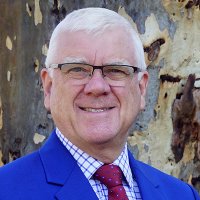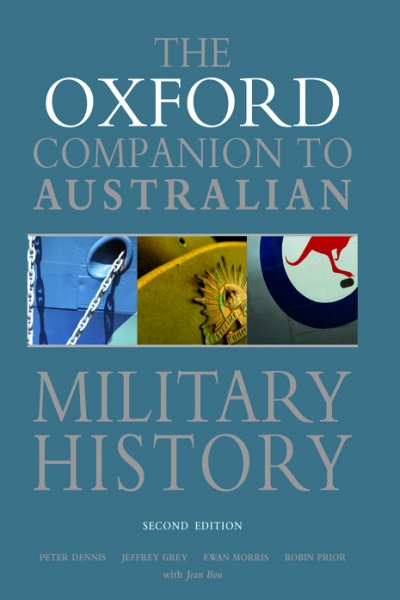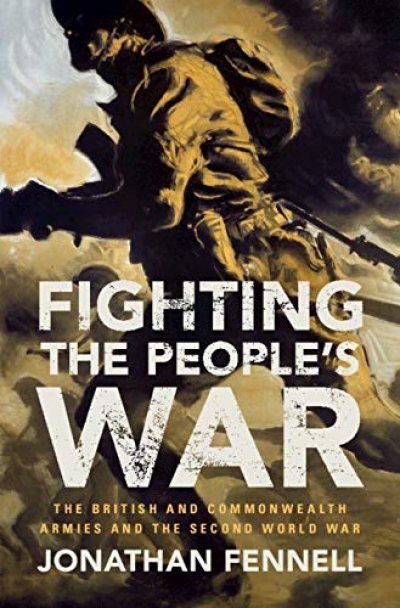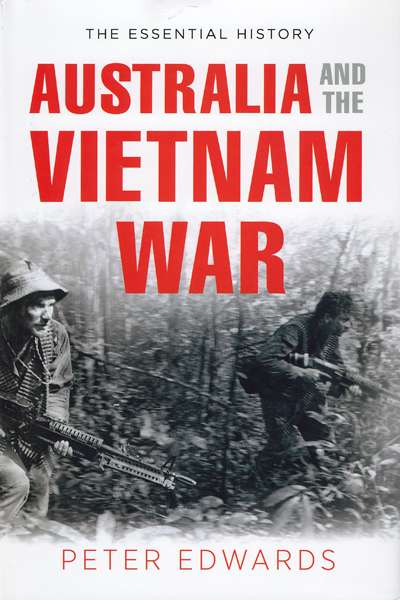David Horner

David Horner is emeritus professor of Australian defence history in the Strategic and Defence Studies Centre, Australian National University. Author or editor of some thirty-five books on military history, defence, and intelligence, he is the Official Historian of Australian Peacekeeping, Humanitarian and Post-Cold War Operations, and also Official Historian of the Australian Security Intelligence Organisation (ASIO). The first volume of the ASIO history, The Spy Catchers, was joint winner of the 2015 Prime Minister’s Literary Award for History.
In its long war in Afghanistan, Australia lost forty-one soldiers. These deaths were felt keenly, and usually the prime minister, other senior politicians, and army chiefs attended the funerals. In addition, more than 260 soldiers were wounded. Service in Afghanistan was trying and demanding. Yet, while Special Forces units were constantly rotated through numerous deployments, at any particular ti ... (read more)
In 1966 as a young first-year cadet at the Royal Military College, I purchased Anzac to Amiens by C.E.W. Bean, which had been published twenty years earlier. Bean had been Australia’s Official Historian for World War I, and Anzac to Amiens was his masterly condensation of the twelve-volume official history of which he had been the general editor and principal author. It was to be many years befo ... (read more)



